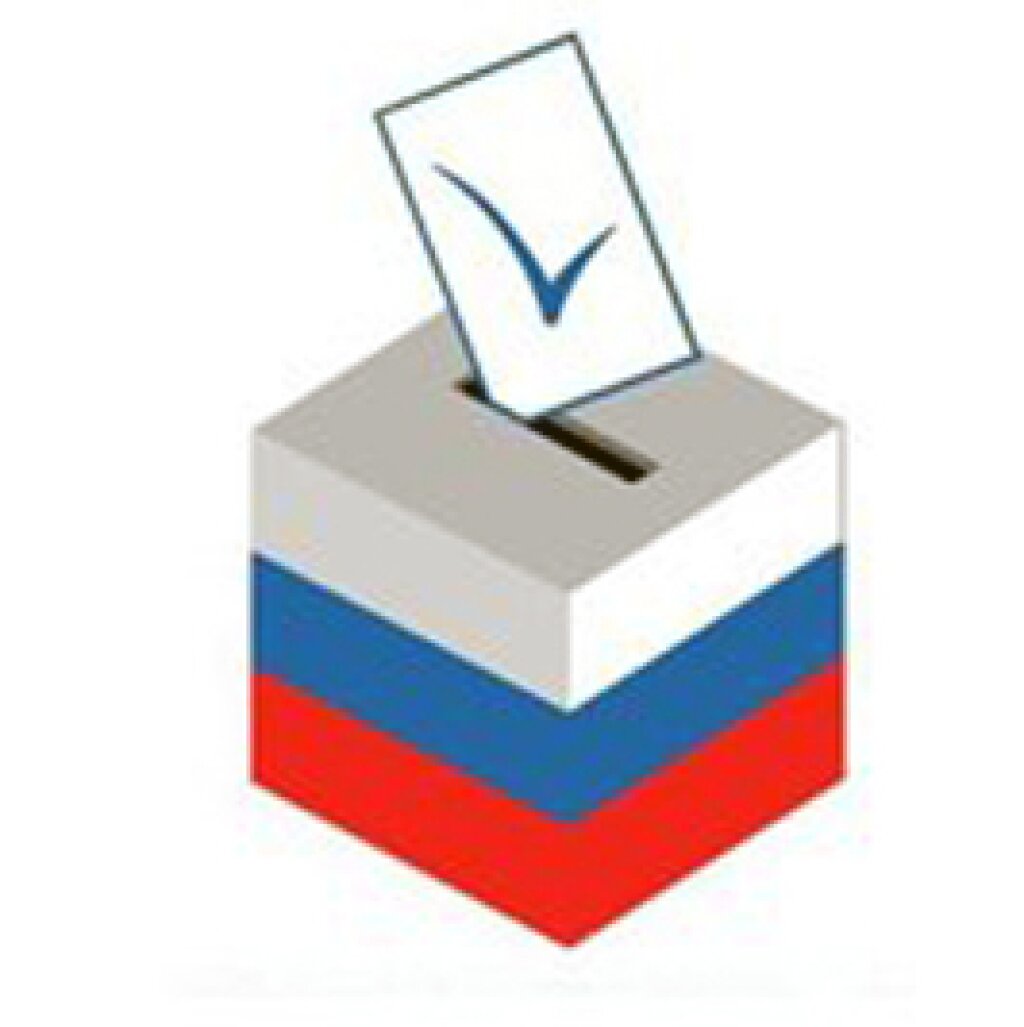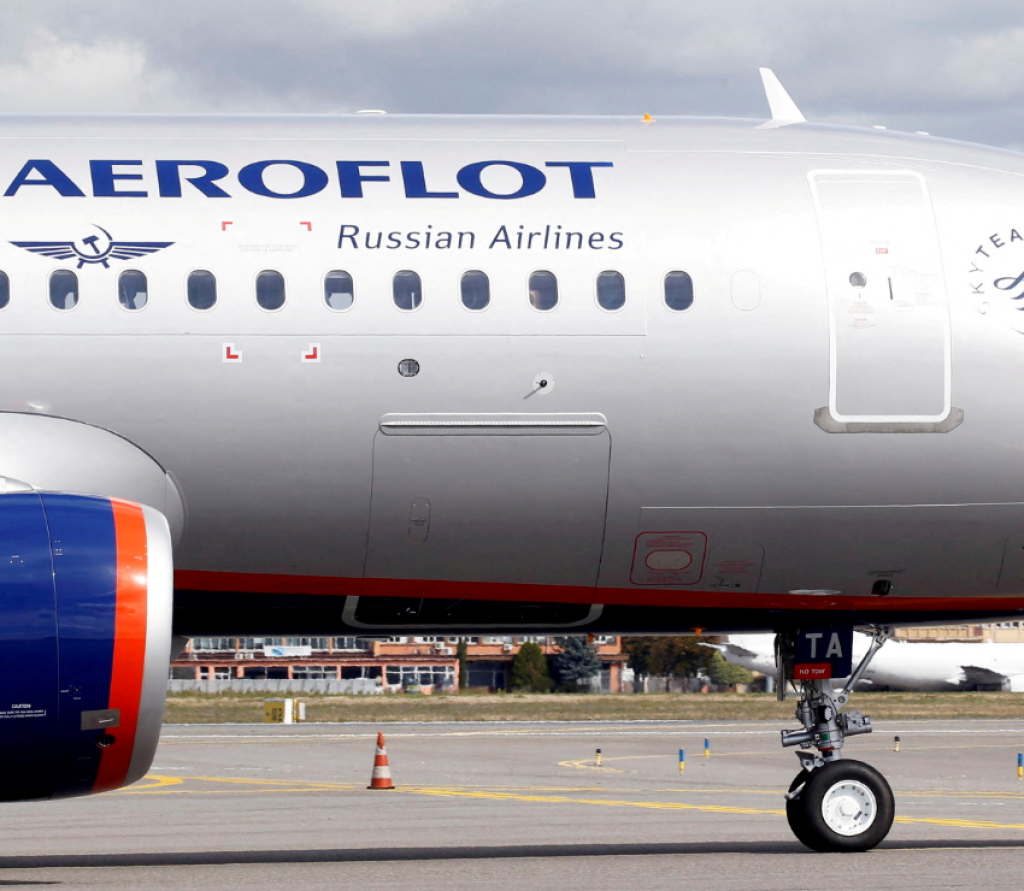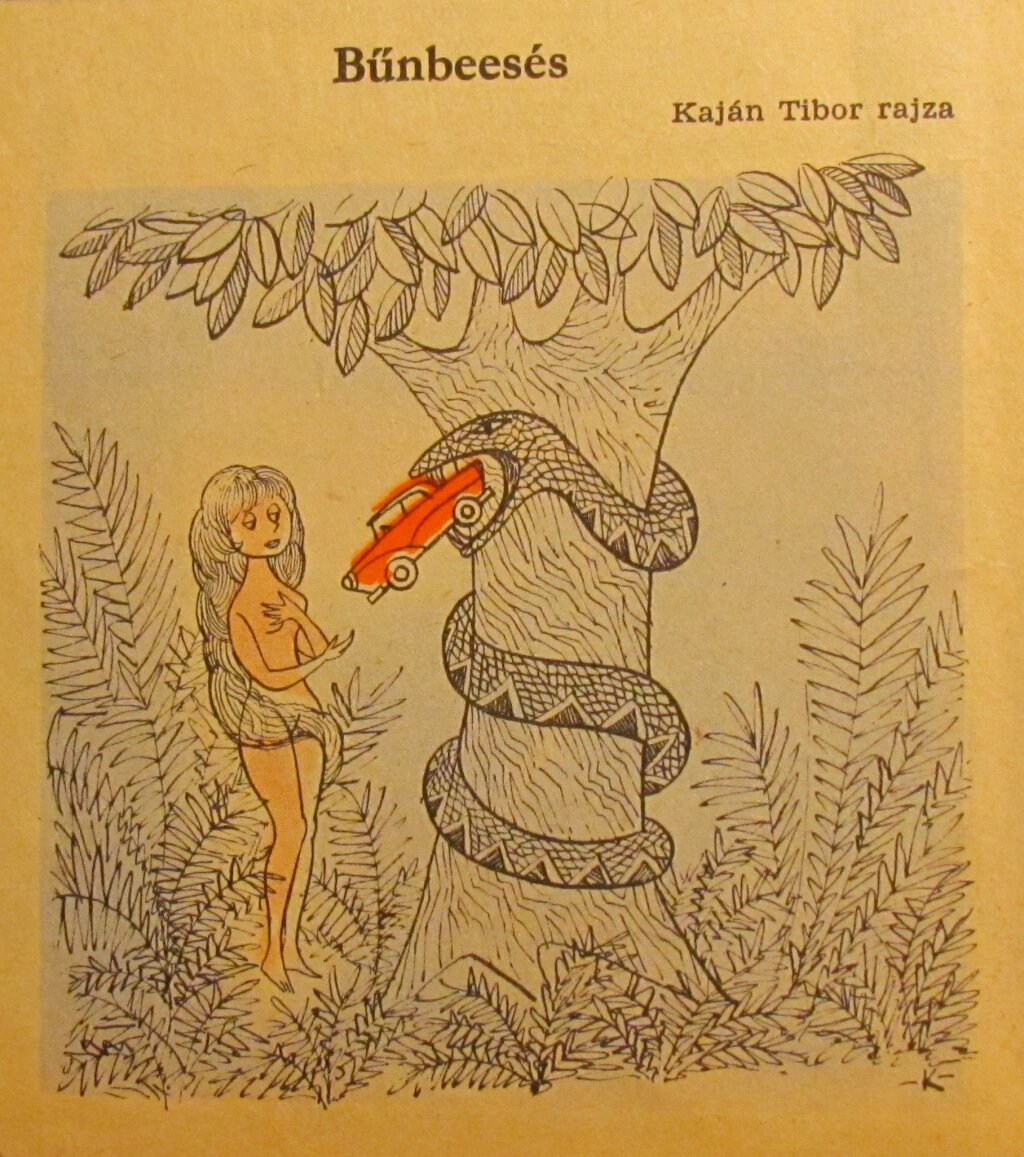Ben Noble is the Herbert Nicholas Junior Research Fellow in Politics at New College, University of Oxford.
This article first appeared in The Monkey Cage.
Russian voters will elect 450 deputies to Russia’s State Duma on Sunday, in the seventh election for the lower chamber of Russia’s bicameral Federal Assembly since the legislature’s founding in 1993.
Large-scale protests followed the last federal parliamentary elections on Dec. 4, 2011, after widespread reports of electoral fraud and rigged elections. Within days, an estimated 50,000 protesters across from the Kremlin were chanting “Russia without Putin.”
This year, 14 political parties are taking part in elections that were moved forward from December to September. Observers from the Organization for Security and Cooperation in Europewill monitor the elections, which will return to a mixed electoral system last used in Russia’s 2003 federal elections. Half of the 450 seats will be decided by competitions in regional constituencies, technically known as single-mandate districts, using a “first-past-the-post” system like that used in U.S. elections.
Russian voters will fill the other 225 seats by voting in a nationwide, proportional competition. Here, voters pick a party, rather than a particular candidate. These votes are then pooled, with seats assigned in relation to a party’s share of the total vote. Deputies are then selected in descending order from lists of candidates put together by each party and published before the elections. To gain a share of these 225 seats, parties must win at least 5 percent of the vote.
Here are seven things to know about the coming elections:
1) United Russia, the pro-Putin “party of power,” is likely to retain a majority of seats…
The new Duma will look a lot like the old one, according to a recent survey of 50 Russian political commentators. Four parties are likely to clear the 5 percent hurdle to gain a portion of the 225 party-list seats: United Russia, the centrist “party of power,” which currently holds 238 seats in the Duma; the Communist Party of the Russian Federation (KPRF), a leftist opposition party (92 seats); the Liberal Democratic Party of Russia (LDPR), a nationalist party dominated by its firebrand leader, Vladimir Zhirinovsky (56 seats); and A Just Russia (JR), a leftist party engineered by the Kremlin to capture votes from the KPRF — but which also included a small number of liberal legislators in the 2011-2016 Duma (64 seats).
These four parties will also likely take the lion’s share of single-mandate district seats, where voters pick a particular candidate. However, these races might also provide an opportunity for other parties to enter the Duma — including Yabloko, Rodina, and the Party of Growth — as well as independents.
[Russia’s leaders may be pleased by Brexit, but it won’t help the regime much at home.]
2) … but nothing is certain.
If United Russia were able to secure just under 50 percent of the popular vote in the party-list competition, along with thelower estimate of seats in the singe-mandate district races, it would end up with over 270 seats, more than it now holds.
But polling data from VTsIOM — a regime-friendly polling organization — shows that support for United Russia has been falling since July 2015. Blame the poor state of the Russian economy — and falling revenues and depleted central funds will necessitate measures like cuts to military spending, which will dampen Vladimir Putin’s promise for a resurgent Russia.
At the moment, Putin’s popularity ratings stand around 82 percent. United Russia is counting on slogans such as “Vote for the party of the president. Vote for United Russia!” to help strengthen support for the party in the run-up to Sunday’s vote.
United Russia is likely to use other techniques to boost its results. For example, Prime Minister Dmitry Medvedev heads United Russia’s party list, and the party is using his name to attract votes. Once the elections are over, Medvedev will simply withdraw from the party list, freeing up the seat for another United Russia candidate.
[Sure, the U.S. and Russia often meddle in foreign elections. Does it matter?]
3) The results will have little impact on the executive’s control of parliament…
Even if United Russia were to lose its majority, the Kremlin would not lose control of the Duma. The three other parliamentary parties are only nominally opposition parties — all three work closely with the government and the presidential administration. Since the annexation of Crimea in 2014, commentators have referred to this coordination between the four Duma parties and the executive as the “Crimean consensus” — a broadly unified front on both domestic and foreign policy.
My own research has highlighted how inter-party or executive-legislative disagreements do not drive legislative politics in contemporary Russia. The Duma serves, rather, as a venue for conflict resolution between factions in the executive and the bureaucracy. Russian ministries have their internal struggles, and sometimes officials use the Duma stage of decision-making to settle policy conflicts. This practice is unlikely to change following this September’s elections.
4) … but we might see more vocal opposition from deputies.
If past experience is any guide, single-mandate district parliamentarians might display more independence from the party line compared to their party-list colleagues.
Given growing frustration in society over economic hardship and the lack of reform, deputies in the 2016-2021 Duma might respond to these growing grievances with louder criticisms of government policy.
5) Russian voters seem uninterested in these elections.
In the run-up to the December 2011 Duma elections, 60 percent of respondents reported being interested in the upcoming elections in the preceding month. This year, that figure stands at 46 percent.
Is Russian society passive? No – but frustrated citizens don’t see the Duma elections as an important way to help change current conditions.
The timing is part of the issue — Duma elections usually take place in December, but shifted this year to September. Theofficial government line was that this would allow the new legislators to take part in discussions for the 2017 budget. The likely real reason was to shift the campaign cycle to Russia’s summer vacation period, maybe to reduce the ability of opposition parties to get their message to the electorate.
But this disengagement also likely reflects the population’s acknowledgment that their legislators play a peripheral role in Russia’s policy-making.
6) A re-run of the 2011-2012 demonstrations? Not likely.
Wide-scale demonstrations are unlikely, given voters’ relative lack of interest this time. In addition, the protests after the last Duma elections reflected widespread anger relating to the September 2011 announcement that Putin would run for president in 2012. Putin has been careful to deflect questionsabout whether he will stand for the presidency again in 2018.
The regime has also been careful to pay some attention to the claims of electoral fraud in 2011. In March 2016, Ella Pamfilova, a former human rights commissioner as well as a former Duma deputy and presidential candidate, replaced the deeply unpopular head of the Central Election Commission, Vladimir Churov.
[Here’s how Alexander Hamilton would understand Russia’s regional debt crisis]
Stuffing ballots is a costly way to manufacture legislative majorities, and is just one element in what Andreas Schedler has called the “menu of manipulation” — techniques authoritarian elites use to tilt the electoral playing field. More consequential methods include regime control of television news and pressure on employees to vote for United Russia. Pamfilova has already warned about the use of “administrative resources” — advantages associated with the incumbency of the “party of power.”
The authorities have applied pressure in other ways. An independent polling company, Levada Center, has been labelled a “foreign agent” — a term applied to foreign-funded NGOs taking part in vaguely defined “political activity.” One view is that this is in response to the Center’s reporting of United Russia’s fall in support.
7) Does Russia need to hold elections? Yes and no.
Authoritarian regimes hold elections for a variety of reasons. Elections provide a veneer of democratic legitimacy, help collect information on popular sentiment, and ensure credible power-sharing between members of the elite.
In Russia, the election results will likely figure in future personnel decision-making, both at the regional level and at the very top. As the chairman of United Russia, Medvedev may find his political future at stake. Regional elites will also likely be rewarded or punished for their perceived ability to get out the vote for United Russia.
This mixture of control and a degree of uncertainty is characteristic of “competitive authoritarianism.” In Russia, this has been called “sovereign” democracy. In non-specialist terms, this means these regimes might have the trappings of democracy, but electoral conditions are skewed to help keep the leadership in power.



